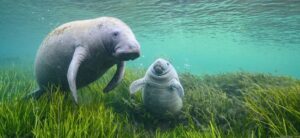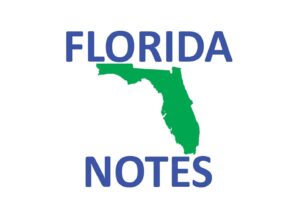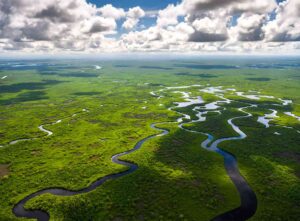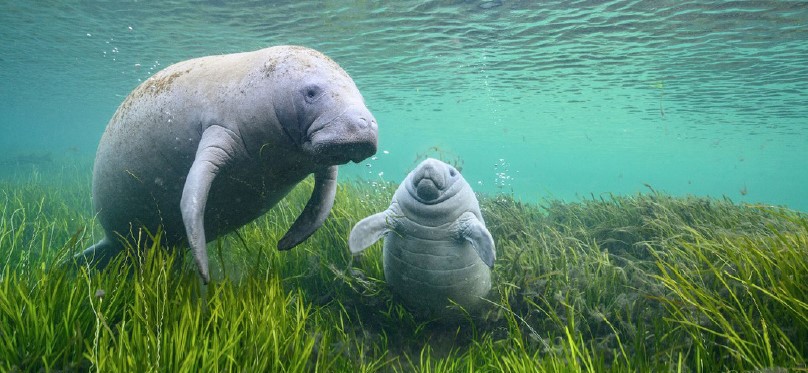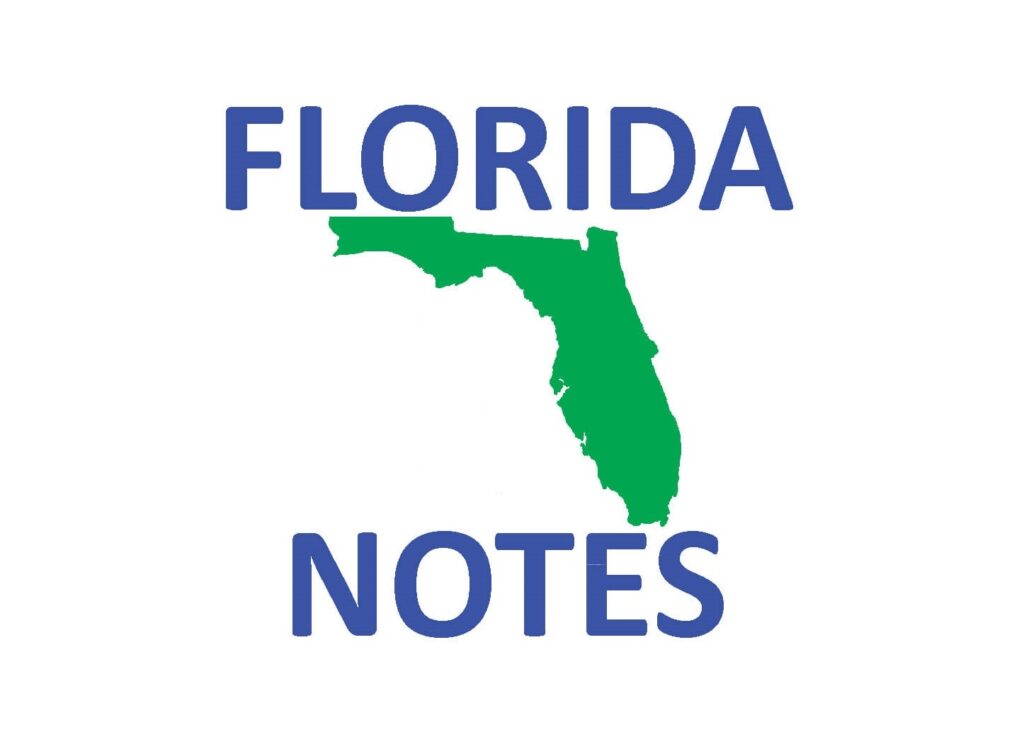By RYAN MATTHEWS,
Shareholder,
GrayRobinson
The annual 60-day legislative session concluded May 5 as lawmakers managed to escape Tallahassee on time with no need to extend the process in order to land the budget, a rare event in comparison to years past.
Following a 2022 election cycle that saw Republicans gain supermajorities in the House and Senate, the controlling party had carte blanche to adopt their agenda this session. Working seamlessly with the Governor, numerous big-ticket items were passed in the substantive policy areas of: housing; education choice; tort reform; immigration; data privacy; conservation; as well as numerous social issues that highlight the potential future aspirations of our sitting Governor.
The 2023 Legislative Session brought with it the largest budget in the state’s history, coming in, before vetoes, at $117 billion, which was well above the Governor’s Recommended Budget of $114.8 billion and far exceeded both the House and Senate’s initial budgets, which hovered more than $113.5 billion each. The state’s budget has doubled since 2010 due in large part to continued economic growth and general revenue collections.
While, nationally, talk of a pending recession exists, Florida has shown little evidence of a slowdown. The environment has benefitted greatly from the state’s economy through the Governor’s recommended budgets and the legislature’s willingness to fund programs that benefit the state’s natural resources.
Included in the 2023 budget is more than $1 billion for water quality improvements, the highlights of which are: $200 million for the revamped and expanded the FDEP Wastewater Grant Program; $105 million for the new Indian River Lagoon Water Quality Improvement Program; $70 million for the C-51 Reservoir; $433 million in member water projects, again before the dreaded veto pen; and $60 million in alternative water supply funding.
Governor DeSantis has proven to be a champion of the River of Grass and the Everglades. They continue to receive significant budget attention from both the Governor and the legislature. 2023 was no exception as more than $600 million was appropriated for restoration and water quality improvements.
In addition to the Everglades, conservation programs were undoubtedly a big winner, bringing home over $1 billion. The Florida Wildlife Corridor, since first making its appearance in 2021 had more than $850 million appropriated, while the Florida Forever program received $100 million, in addition, the Florida Communities Trust (FCT) received a standalone $15 million.
From a policy perspective, dozens of bills relating to the environment were filed, however, few ultimately passed. By and far the most substantive was HB 1379, by Representatives Kevin Steele and Toby Overdorf, which dealt with a wide swath of environmental programs at the FDEP.
Mainly, the bill:
• Required a county/municipality within a basin management action plan (BMAP) to include within its capital improvement element of the local government comprehensive plan a list of projects necessary to achieve the pollutant load reductions available to the local government as established in the BMAP.
• Prohibits the installation of new septic tanks within a BMAP, RAP, or pollution reduction plan where connection to a publicly owned or investor-owned sewerage system is available.
• Expands the current wastewater grant program for projects that reduce the amount of nutrients entering waters that are not attaining nutrient standards, i.e., stormwater projects; have an established total maximum daily load; are located within a BMAP, RAP adopted by final order, an accepted alternative restoration plan, or a rural area of opportunity;
• Establishes the newly created Indian River Lagoon Protection Program, which will provide $105 million in grants for water quality protection; and
• Dedicates $100 million annually to FDEP from the Land Acquisition Trust Fund for the acquisition of lands through the Florida Forever Program.
HB 1405 by Representative Kaylee Tuck establishes a bio-solids grant program within FDEP and provides that, subject to the appropriation of funds by the Legislature, FDEP may provide grants to counties, special districts, and municipalities to support projects that: Evaluate and implement innovative technologies and solutions for the disposal of bio-solids; or construct, upgrade, expand, or retrofit domestic facilities that convert wastewater residuals to Class AA bio-solids, nonfertilizer uses or disposal methods, or alternatives to synthetic fertilizers.
There were multiple rule ratifications expected in 2023, however only one was able to cross the finish line.
HB 7027, a rule promulgation administering requirements of the septic tank remediation plan, as well as required rulemaking stemming from the 2020 Clean Waterways Act related to reducing domestic wastewater treatment facility overflows.
A highly anticipated stormwater rule ratification did not occur in 2023. The 2024 Legislative Session, which begins in January, is sure to continue the trend of robust environmental funding, additional conservation measures, as well as increased attention to infrastructure funding.
It won’t take long to watch those plans unfold as committee weeks will likely begin in September and last throughout the fall.●


